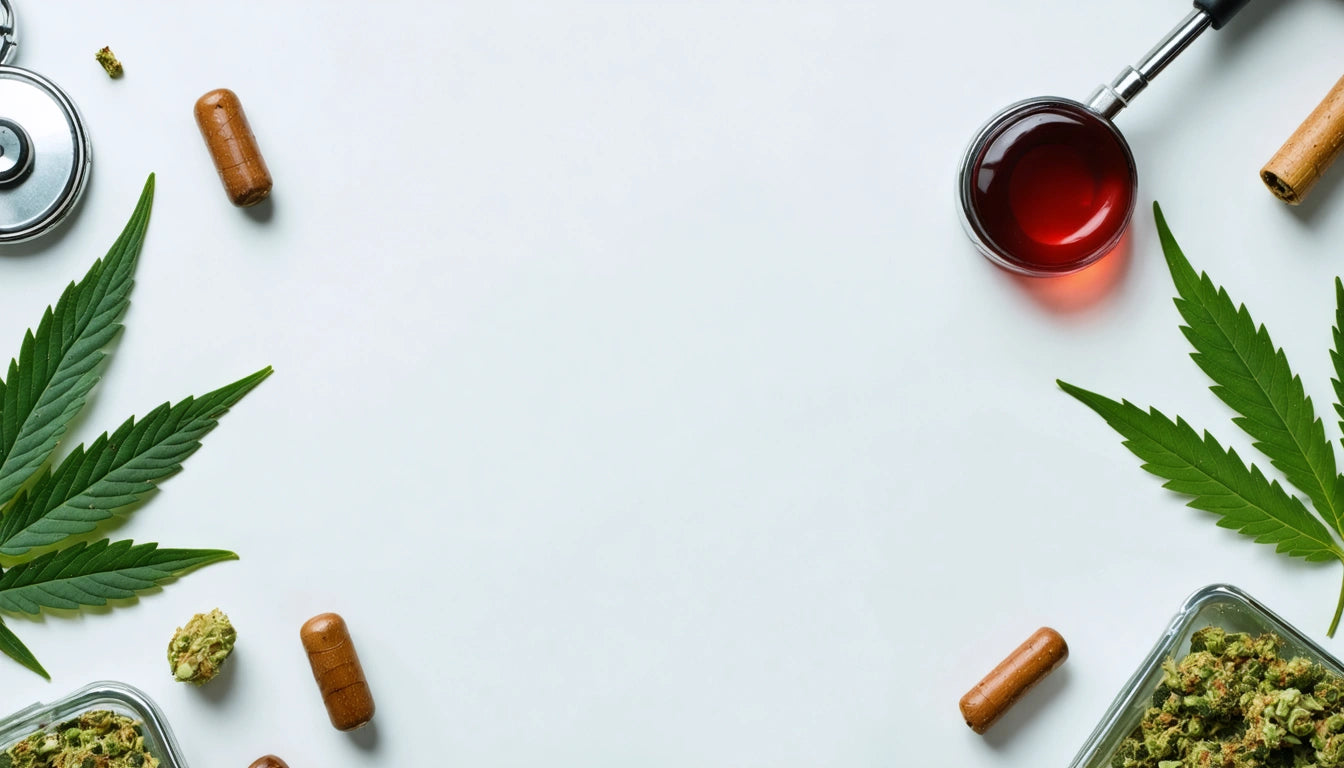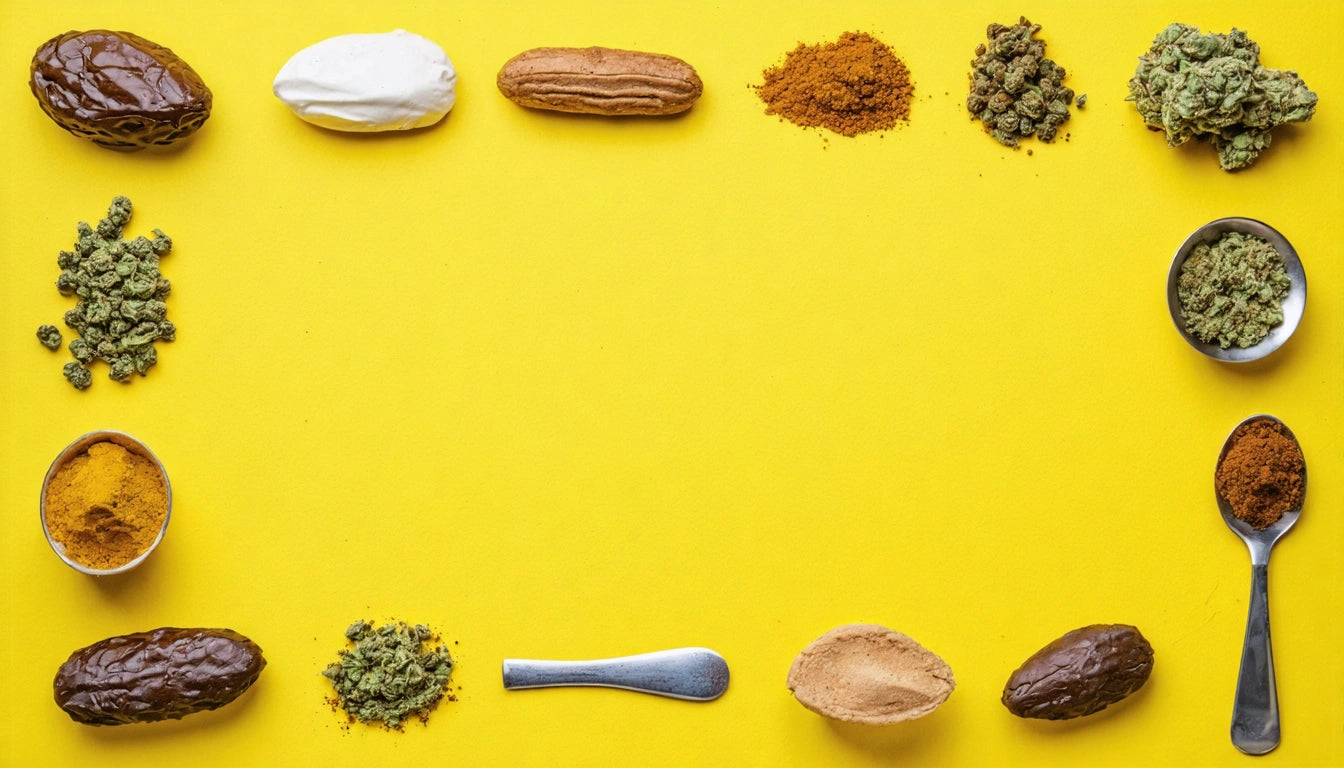Table of Contents
The Impact of Smoking Weed on Blood Pressure: What You Need to Know
Cannabis use has become increasingly common as more states legalize both medical and recreational marijuana. With this rise in popularity comes important questions about how smoking weed affects physiological functions, particularly blood pressure. Understanding these effects is crucial for both recreational users and medical cannabis patients, especially those with existing cardiovascular concerns.
Immediate Effects of Cannabis on Blood Pressure
When someone smokes cannabis, their body experiences a complex series of cardiovascular responses. Initially, smoking weed typically raises blood pressure shortly after consumption. This acute increase is often accompanied by an elevated heart rate.
The immediate effects generally include:
- A temporary spike in systolic and diastolic pressure
- Increased heart rate (tachycardia)
- Vasodilation (widening of blood vessels)
- Reddening of the eyes due to expanded blood vessels
After the initial spike, many users experience a subsequent decrease in blood pressure as the body's blood vessels dilate. This biphasic response (increase followed by decrease) explains why some studies seem contradictory when discussing whether smoking weed raises or lowers blood pressure.
Long-Term Effects of Regular Cannabis Use
The long-term cardiovascular impact of regular cannabis use is more complex and still being studied. Some research suggests that with repeated use, the body may develop tolerance to the acute effects, potentially leading to different outcomes for chronic users.
For long-term users, does smoking weed affect blood pressure levels differently? The evidence indicates several possibilities:
- Development of tolerance to the initial blood pressure spike
- Potential for chronic low blood pressure in some regular users
- Possible increased risk of hypertension in others, particularly with smoking as the method of consumption
The method of consumption matters significantly. When cannabis is smoked, the combustion process creates additional compounds that may negatively affect cardiovascular health compared to other consumption methods. Those concerned about these effects might consider alternative consumption methods or properly stored cannabis products in specialized packaging that helps maintain potency without requiring increased consumption.
Highlight: The relationship between cannabis and blood pressure is biphasic - typically causing an initial increase followed by a decrease as blood vessels dilate.
THC vs CBD: Different Effects on Cardiovascular Health
The two primary cannabinoids in marijuana - THC (tetrahydrocannabinol) and CBD (cannabidiol) - appear to affect blood pressure differently.
THC Effects
THC tends to raise blood pressure initially and increase heart rate. This psychoactive component activates the sympathetic nervous system (fight-or-flight response), which can cause:
- Increased heart rate
- Temporary blood pressure elevation
- Potential anxiety that may further affect blood pressure
CBD Effects
CBD, on the other hand, appears to have different cardiovascular effects:
- Potential anxiolytic (anti-anxiety) properties that may help reduce stress-related high blood pressure
- Some studies suggest possible blood pressure-lowering effects
- Less pronounced cardiovascular effects compared to THC
This distinction explains why some CBD-dominant products are being studied for potential benefits for those with hypertension, though more research is needed before clinical recommendations can be made.
Cannabis and Blood Pressure Medications
A critical question for many is: can you smoke while taking high blood pressure medication? This interaction deserves careful consideration.
Cannabis may interact with several classes of blood pressure medications:
- Beta-blockers: Potential for additive effects lowering blood pressure too much
- ACE inhibitors: Possible enhanced blood pressure reduction
- Diuretics: Risk of excessive blood pressure lowering
- Calcium channel blockers: May have compounded effects
These interactions occur because both cannabis and these medications can affect the cytochrome P450 enzyme system in the liver, which metabolizes many drugs. This may alter the effectiveness of medications, potentially leading to either increased side effects or reduced therapeutic benefits.
Risk Factors and Special Considerations
Certain populations should exercise additional caution when considering cannabis use due to blood pressure concerns:
Pre-existing Hypertension
For those already diagnosed with high blood pressure, the question of can you smoke weed with high blood pressure is particularly relevant. The temporary spikes in blood pressure from cannabis use could potentially pose risks for those whose blood pressure is already elevated or poorly controlled.
Age Considerations
Older adults may experience more pronounced cardiovascular effects from cannabis due to:
- Age-related changes in the cardiovascular system
- Increased likelihood of pre-existing heart conditions
- Greater possibility of drug interactions with multiple medications
Consumption Method
How cannabis is consumed significantly impacts its cardiovascular effects:
- Smoking: Most likely to cause acute blood pressure and heart rate increases
- Vaping: Similar to smoking but potentially with fewer combustion-related toxins
- Edibles: May cause more prolonged but potentially less intense cardiovascular effects
- Tinctures/Oils: Might offer more controlled dosing with potentially milder acute effects
Current Research Limitations and Future Directions
The scientific understanding of how cannabis affects blood pressure continues to evolve. Current research faces several challenges:
- Federal restrictions limiting comprehensive clinical studies
- Variations in cannabis strains and potency across studies
- Difficulty controlling for consumption methods in research settings
- Limited long-term studies on chronic cannabis use
As legalization expands, researchers are gaining more opportunities to study these effects in detail. Future research will likely provide clearer guidance on questions like does smoking weed help with high blood pressure or whether certain cannabinoid profiles might offer cardiovascular benefits.
For those using cannabis while concerned about blood pressure, the current best practices include regular monitoring, open communication with healthcare providers about cannabis use, and choosing consumption methods and products that minimize unwanted cardiovascular effects.











Leave a comment
All comments are moderated before being published.
This site is protected by hCaptcha and the hCaptcha Privacy Policy and Terms of Service apply.